A recurring theme in anime is the protagonist facing an almost mindless antagonist who seeks nothing but chaotic, meaningless destruction. The protagonist often discovers some hidden potential within themselves or the power of friendship, and the show concludes on a high note.
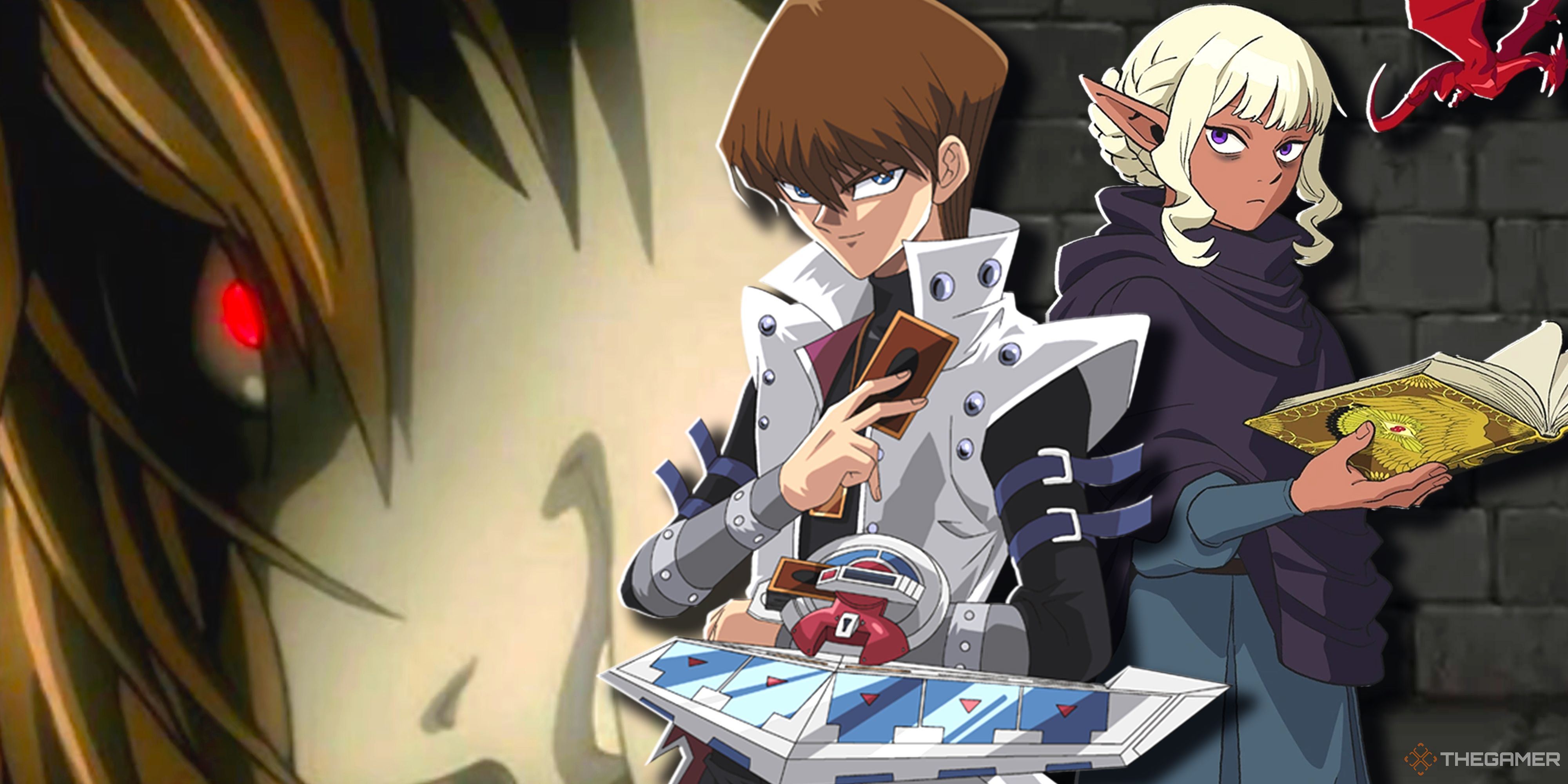
Related
However, this is not always the case. In fact, nearly all of the greatest anime ever aired share one major thing in common: their villains were misunderstood. Don’t get us wrong. These villains were undeniably some of the most evil, yet the philosophy behind their actions is so complex that, when examined, it almost seems reasonable to do what they did. Characters like Pain and Eren are the primary examples of such cases.
8
Eren Yeager
Attack On Titan
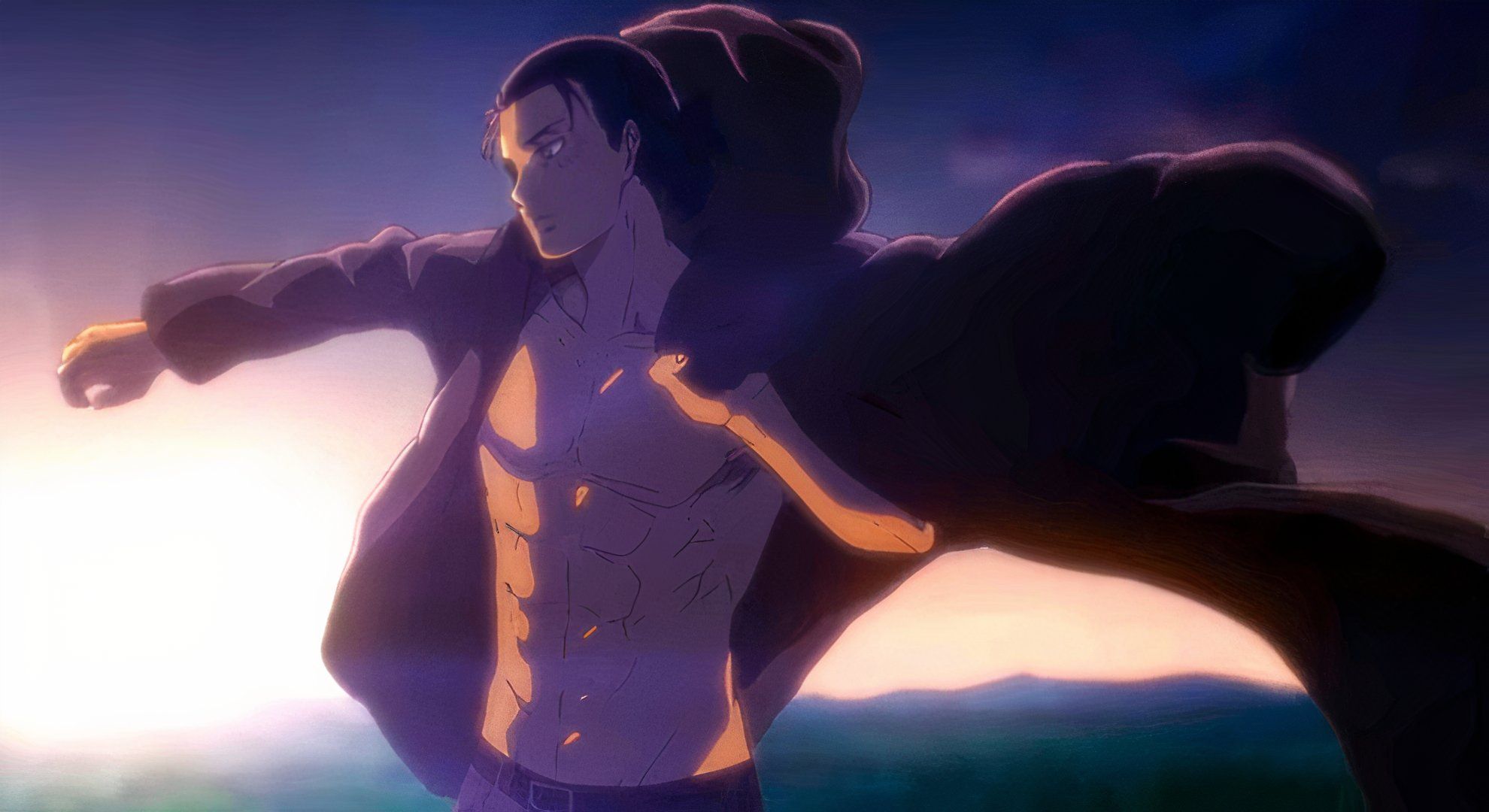
Eren’s case from Attack on Titan is arguably one of the most notable. He begins as a highly driven protagonist with the primary goal of securing humanity’s freedom, avenging his mother’s death, and waging war against the Titans. As the series progresses, his determination only intensifies, and fans rally behind him more than ever. However, in season four of Attack on Titan, everything shifts when Eren uncovers the truth about Titans—they are, in fact, Eldians.
Though still resolute in his objectives, Eren’s philosophy evolves to prioritize the protection of Eldians, even at the cost of the rest of humanity outside the walls. In a brutal turn of events, he crosses several moral lines, committing mass genocide and orchestrating the Rumbling to fully execute his plans. However, upon reflection, his actions aren’t entirely unjustifiable. Eren’s ultimate drive is to safeguard the Eldians. Zeke’s suggestion to prevent Eldians from having offspring may sound reasonable in hindsight, but it comes at the cost of sacrificing something they are not responsible for in the first place.
7
Griffith
Berserk
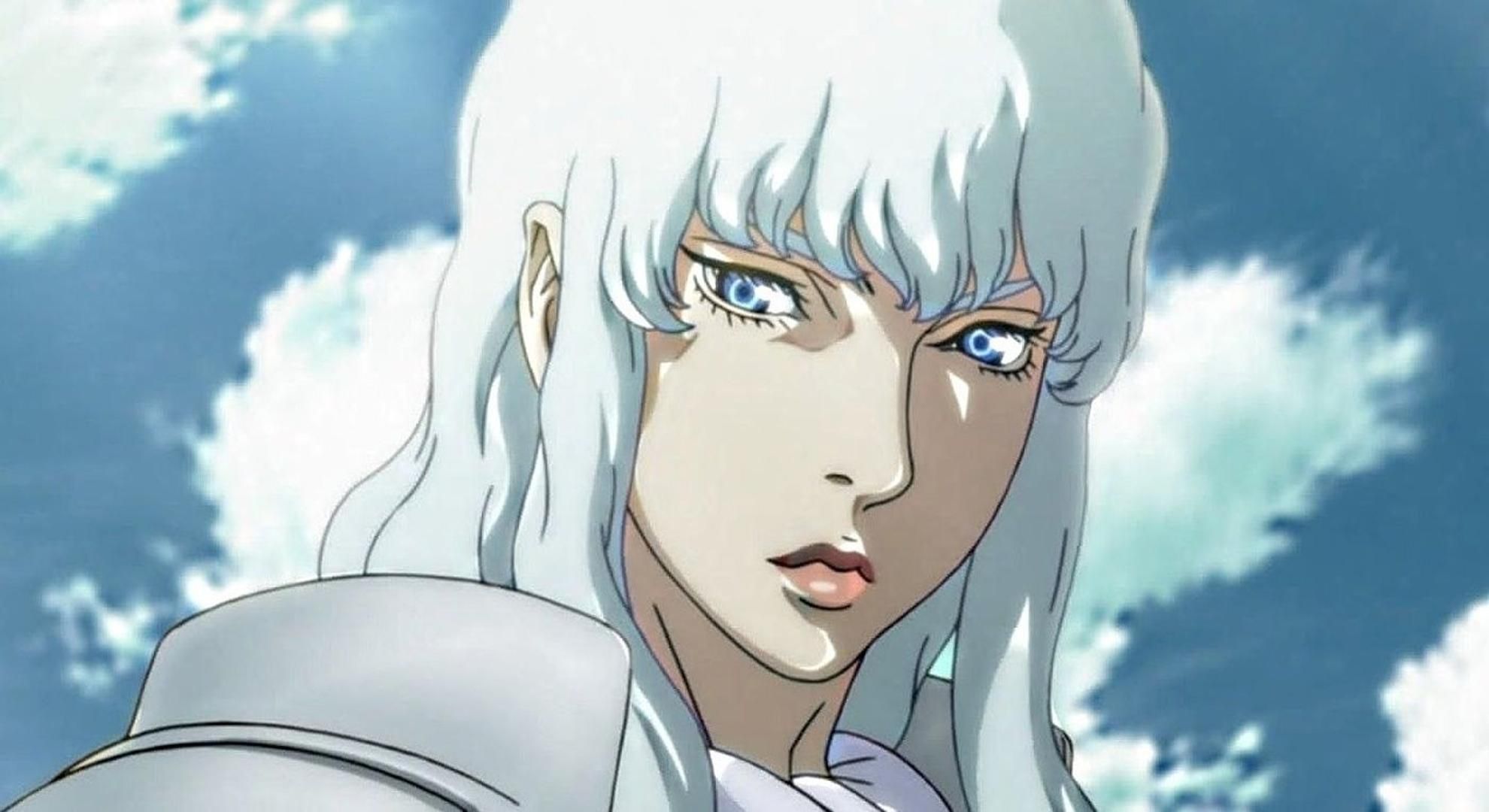
Griffith’s ambition to achieve greatness and find meaning regardless of the cost is often misunderstood as pure selfishness. While his actions may seem selfish on the surface, the true nature of those actions lies in the meaning he attaches to them. Sadly, this pursuit of greatness blinds him to the consequences of his choices. If you truly believe a goal is worth pursuing, something to strive for despite the consequences, even at the cost of sacrificing comrades who are dear to you, it is not necessarily selfish but rather profound.
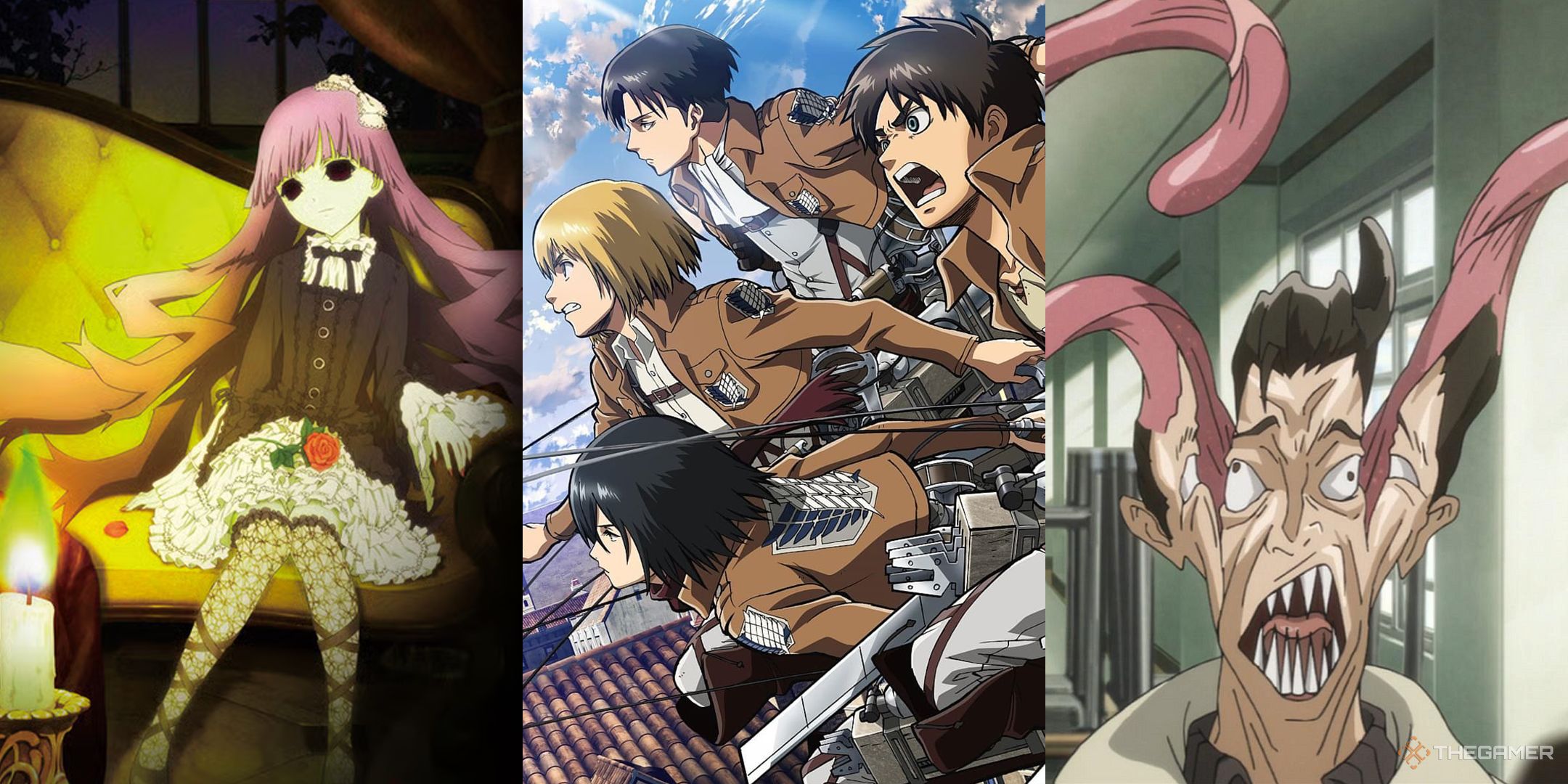
Related
8 Best Anime To Watch If You Like Attack On Titan
With Attack on Titan now over, why not check out these other anime?
However, this belief is tragically distorted by his inability to understand the weight of the sacrifices he makes along the way. Griffith’s tragic flaw is not his ambition or his drive to achieve greatness, but his perception of what holds greater priority. Sadly, in the end, Griffith falls from grace not because of the sacrifice of his comrades but because he sacrificed the very ambitions he once stood for, losing sight of the ideals that initially defined him.
6
Light Yagami
Death Note
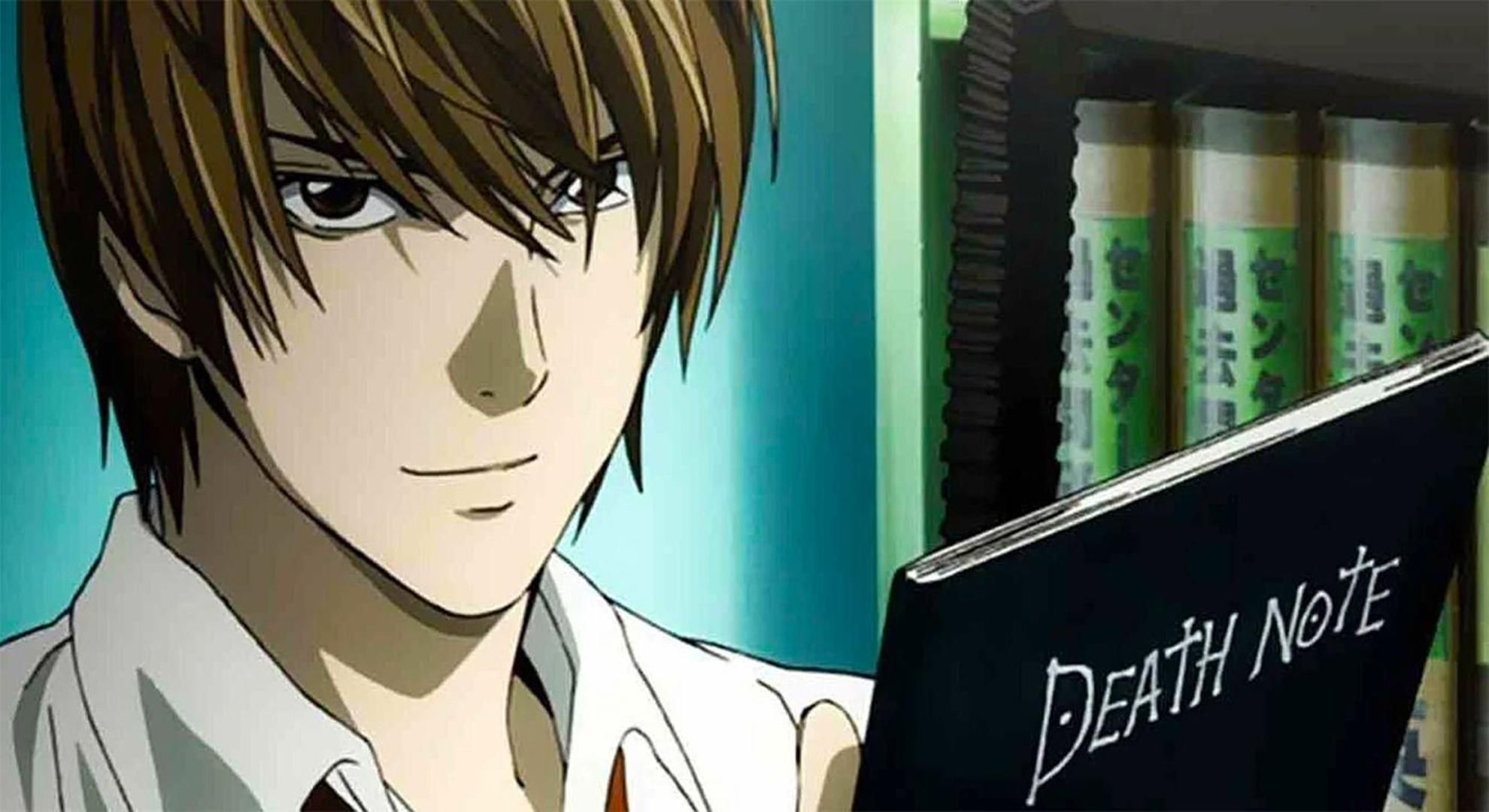
Light Yagami was never truly a villain, but rather an anti-hero whose lust for justice grew so overwhelming that, like Griffith, he lost sight of what it truly means to be just. Light starts off with the intention of ending evil in the world, making efforts to eliminate criminals. While his actions already cross several moral boundaries, it can be argued that, at least in the beginning, Light’s intent was still rooted in a desire for good. This is evident early on in the show when Light struggles with his own morality, questioning whether it is right to wield such power and whether he is capable of deciding someone else’s fate to begin with.
The problem arises when Light is confronted by L through television and shown a mirror to his actions. Instead of acknowledging his faults, Light becomes blinded by the power of the Death Note, and from that point onward, his path diverges. While Light’s actions were largely misguided, there is a clear case to be made that in the early episodes, his deviant actions were still driven by good intent, no matter how devastating the results of those intentions became.
5
Father
Fullmetal Alchemist: Brotherhood
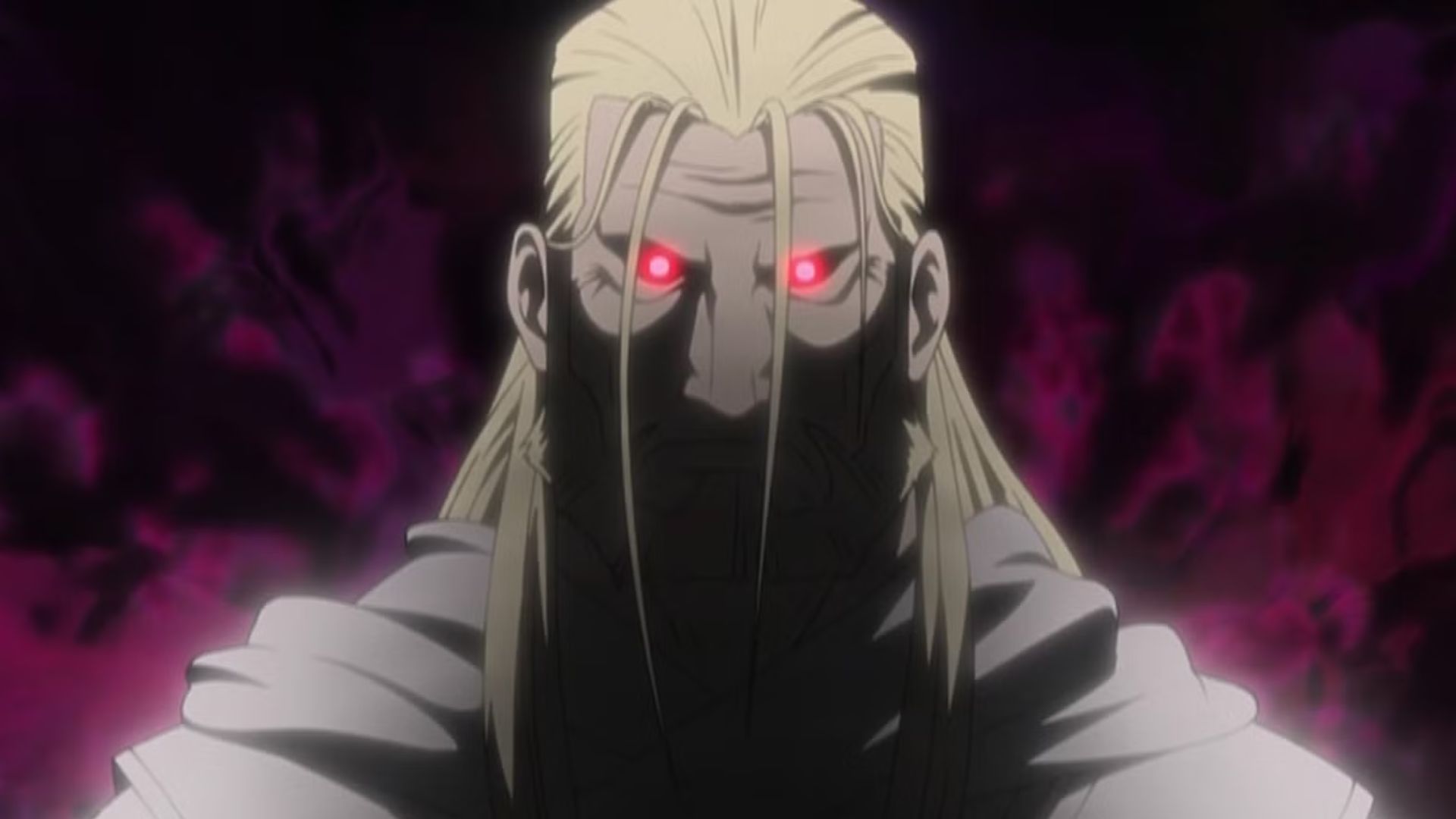
Father in Fullmetal Alchemist: Brotherhood started as a being created from a flask, driven by a primal desire for knowledge and control. His ultimate goal was to gain power and become perfect, believing that an ideal world could only exist if everything within it was controlled. This belief led him to pursue the philosopher’s stone and manipulate countless lives to achieve his vision of perfection.
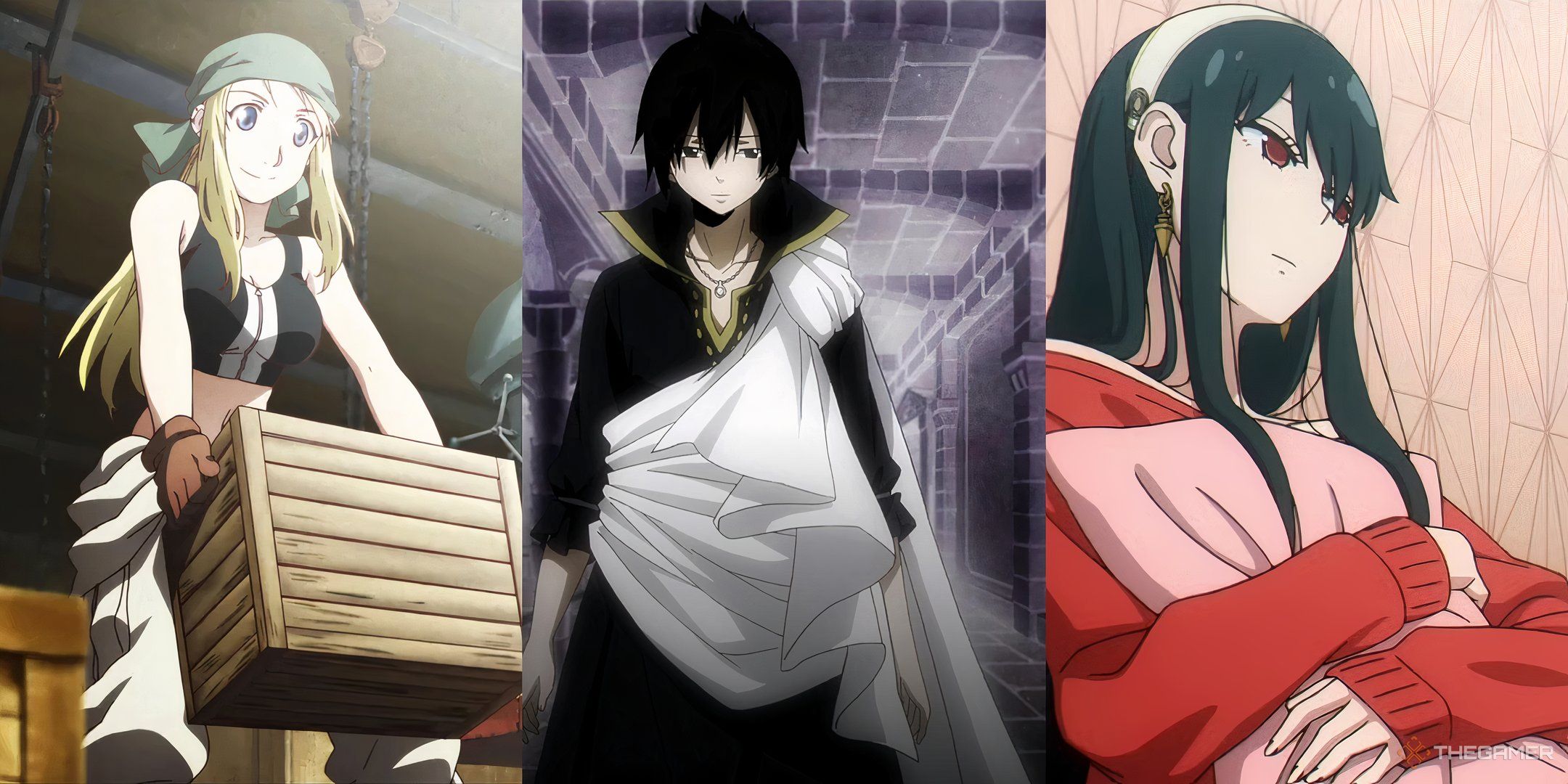
Related
10 Best Hero-Villain Dynamics In Anime
Sometimes you have to wonder if they’d be better best friends than enemies.
While Father’s actions were undeniably evil, they were rooted in an ideological belief that what he was doing was for the greater good. He viewed the sacrifice of others as necessary to achieve his ultimate goal. Throughout the show, Father is not simply portrayed as a villain, but as a deeply flawed character whose ambition blinds him to the value of individual lives. He treats others as mere pawns in his grand design, disregarding their intrinsic worth.
4
Rei And Ryuji
Terror In Resonance
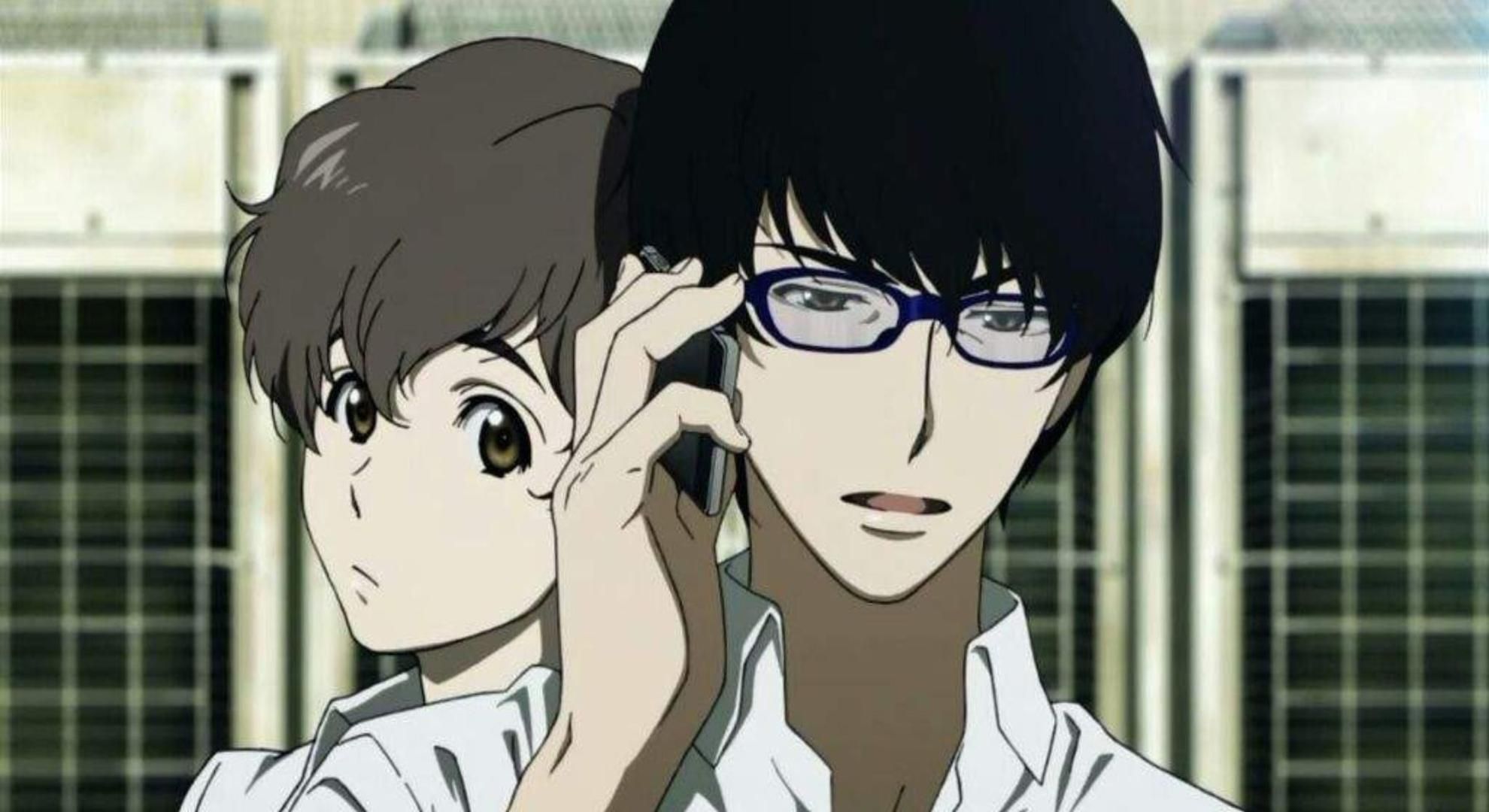
Rei and Ryuji were shaped by trauma and abandonment, turning to radical acts of destruction in hopes of bringing attention to a corrupt society. Even at the beginning of the show, Rei and Ryuji never intended to harm anyone, only to create a display of chaos.
Their actions weren’t based on personal revenge but were more about a general rebellion aimed at representing the masses as a whole, especially the marginalized. In their eyes, they were never terrorists but messengers trying to change the world. Despite their violent and extreme actions, at their core, they had simply taken their protest to extremes.
3
Shogo Makishima
Psycho-Pass
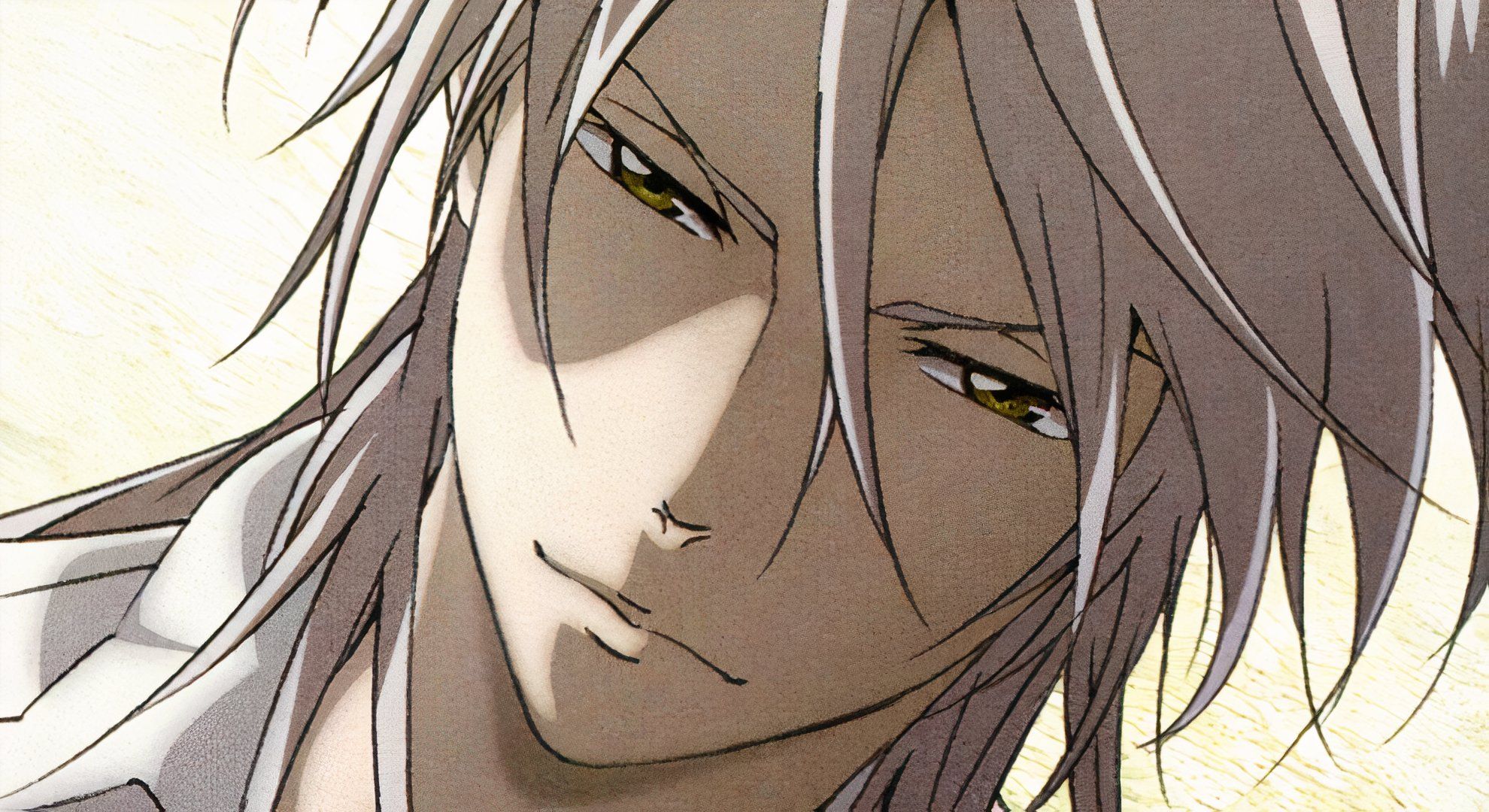
Psycho-Pass was set in a totalitarian society where the fate of all individuals was determined by the Sybil System, which assessed people’s psychological state from birth. If someone had a high Crime Coefficient, they were deemed likely to commit crimes due to the state of their mind. Shogo Makishima rejected this worldview, believing that true freedom could only exist without such control.
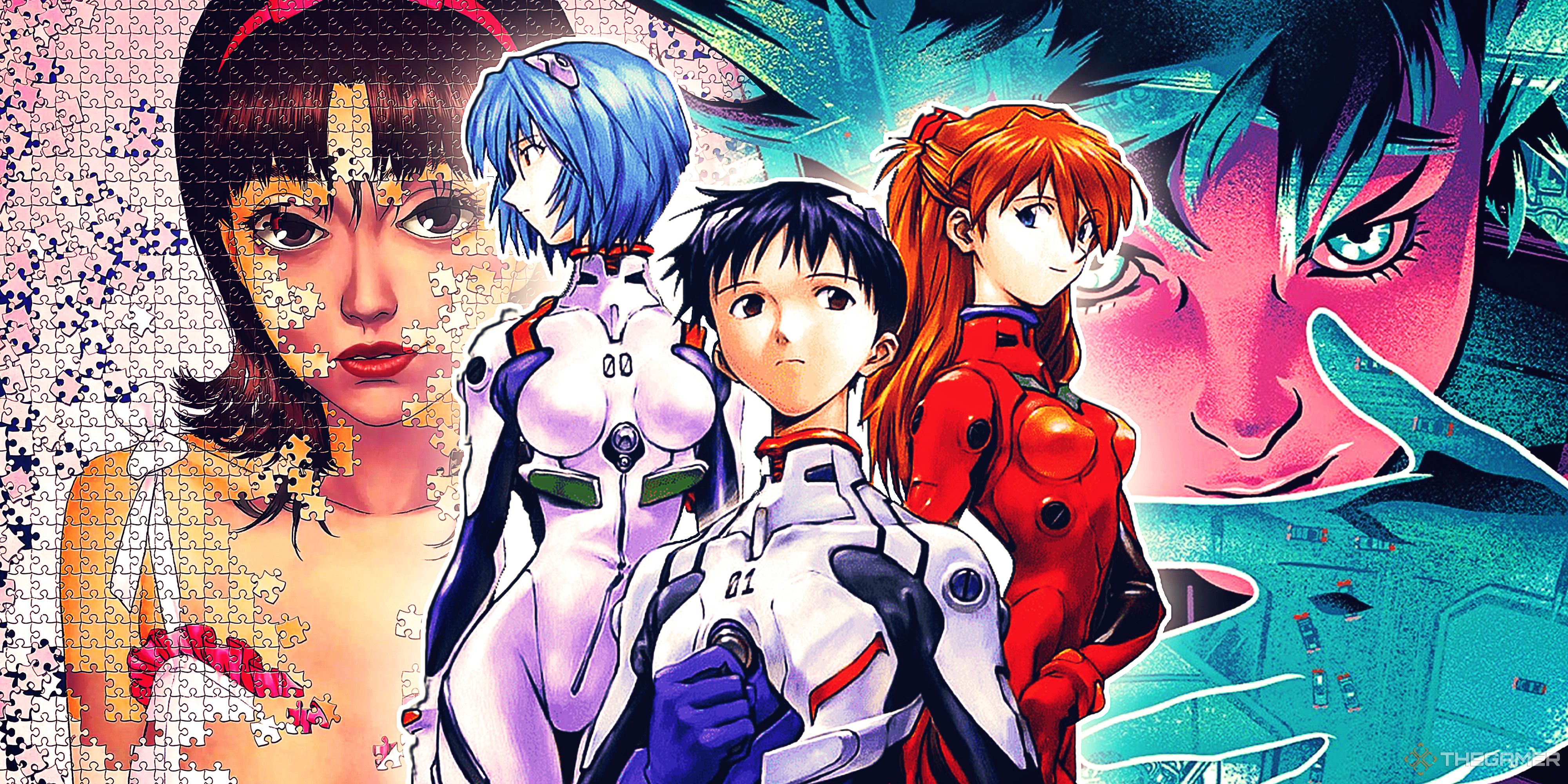
Related
8 Most Thought-Provoking Anime
These anime series will leave you with lots to think about once you finish watching.
He saw society as a prison, governed by surveillance and preemptive punishment, and he despised a world where individuality was sacrificed for peace. However, the problem lay in Makishima’s approach. To achieve his vision, he sought to bring chaos into the society. The tragedy of his character is in his belief that chaos was the key to true freedom, ignoring that such chaos could strip the freedom from others, particularly at the hands of those who held more power.
2
Pain (Nagato)
Naruto
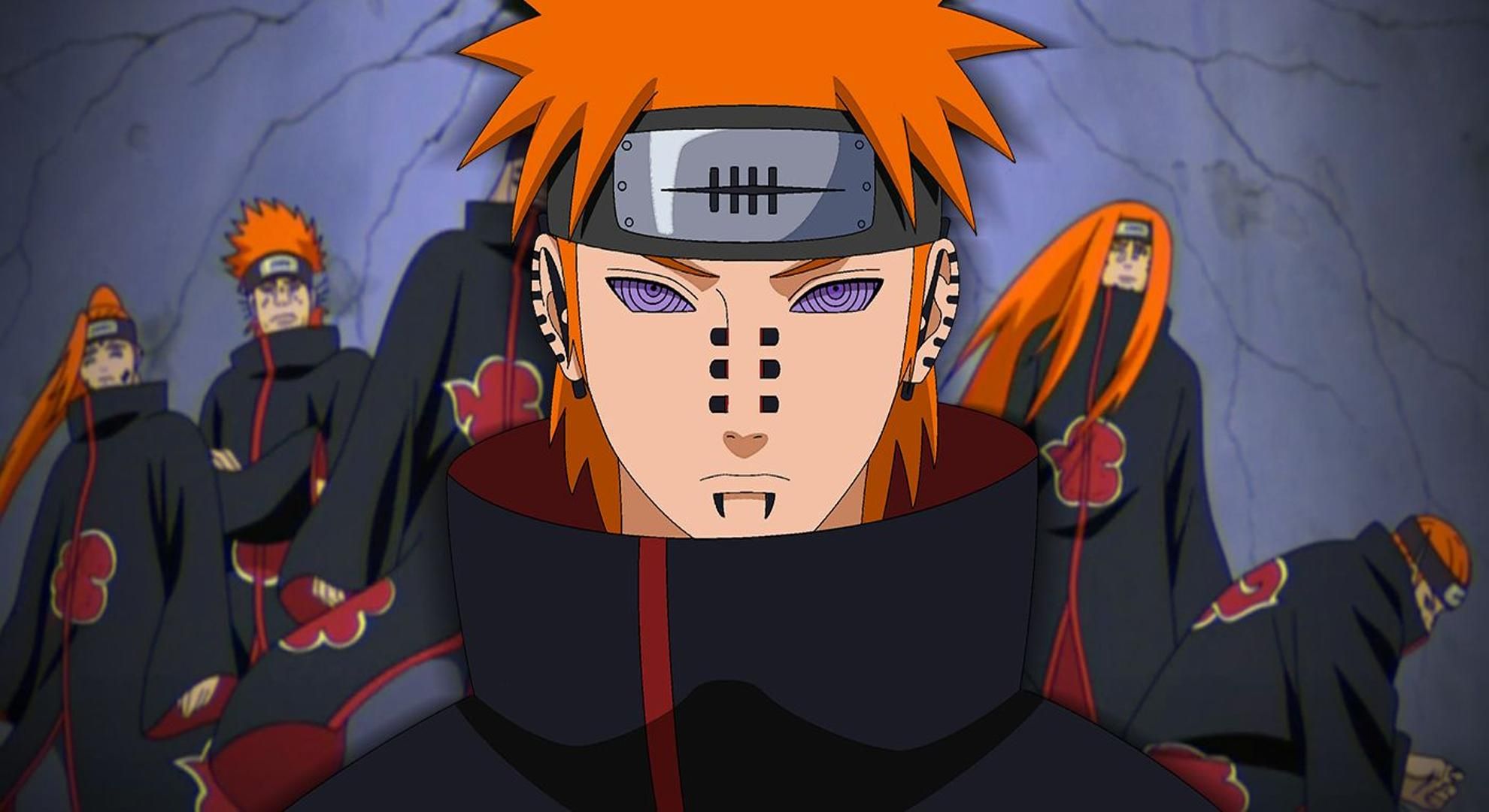
Pain in Naruto was a tragic case, far from an antagonist and more of an anti-hero. He wanted to fix the world and believed in empathy and peace. However, he also believed that mere dialogue was not enough for people to understand the pain of others. He believed that shared suffering was the only way to truly empathize. Out of all the characters we’ve seen, Pain’s case is arguably the most sensible, especially because it was never driven by malice, but rather an extreme resolve that, to be fair, makes sense upon reflection.
The only flaw in Pain’s narrative was his belief that harming others could lead to true peace. In reality, causing harm to others in the hopes that they, too, will understand what it means to be hurt and change their ways is, at best, a gamble. If anything, it just gives foes more reason to retaliate with greater resolve, starting a chain of never-ending consequences.
1
Johan Liebert
Monster
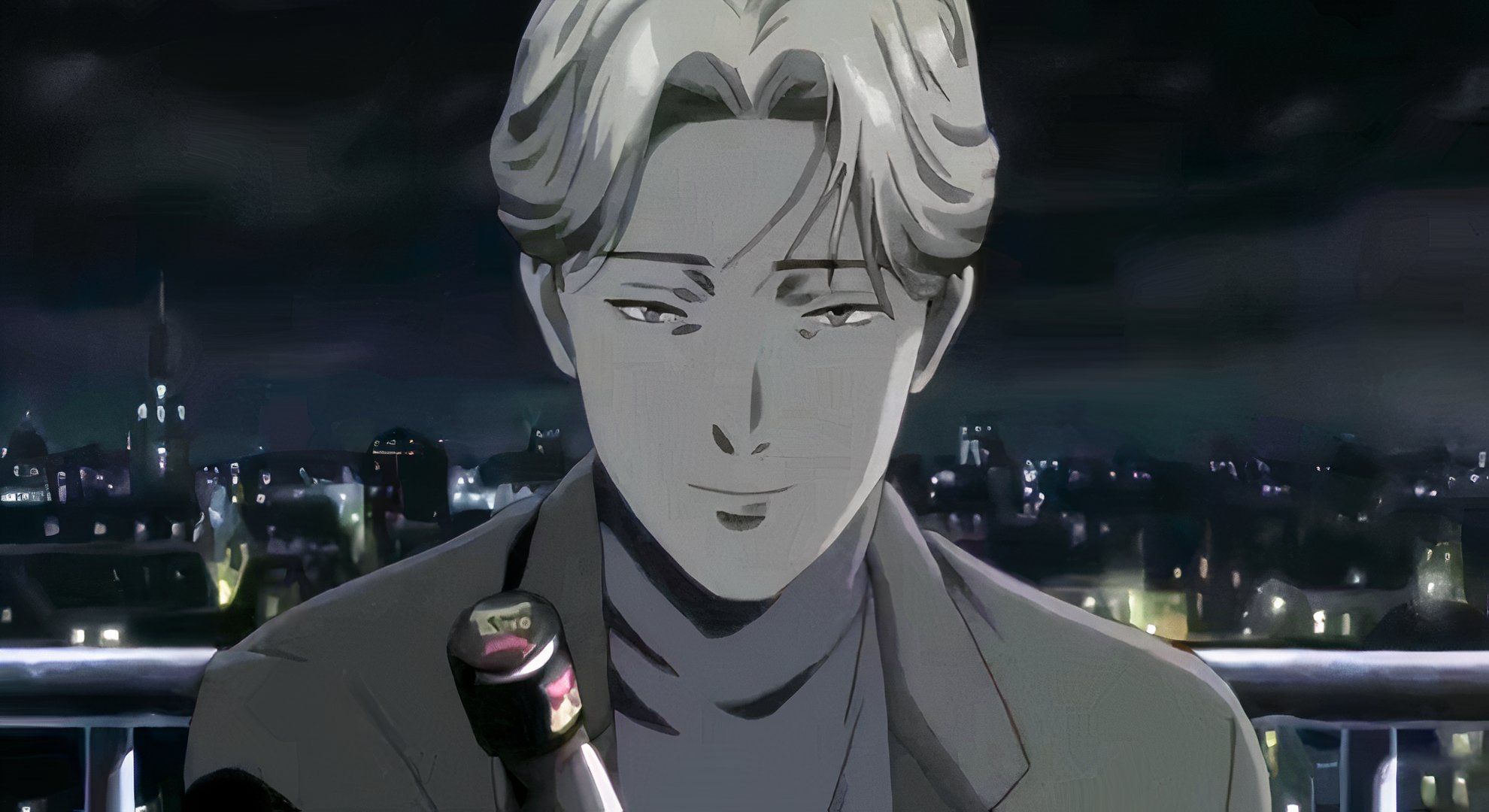
Johan Liebert is not just a misunderstood villain but arguably one of the best villains ever created in anime. He is portrayed as a psychopath who seeks to prove that most people in society are not motivated by personal ambition to do good but by the fear of punishment. Johan manipulates those around him to expose the fragility of civilization, demonstrating how easily people would fall into corruption if the consequences of their actions were removed.
Johan is rarely a mindless villain. Instead, he is an extremely intelligent and thought-provoking character who, ironically, isn’t wrong about his beliefs regarding society. Monster can, in fact, be seen as a story where the villain attempts to reveal the true monsters lurking within the world.
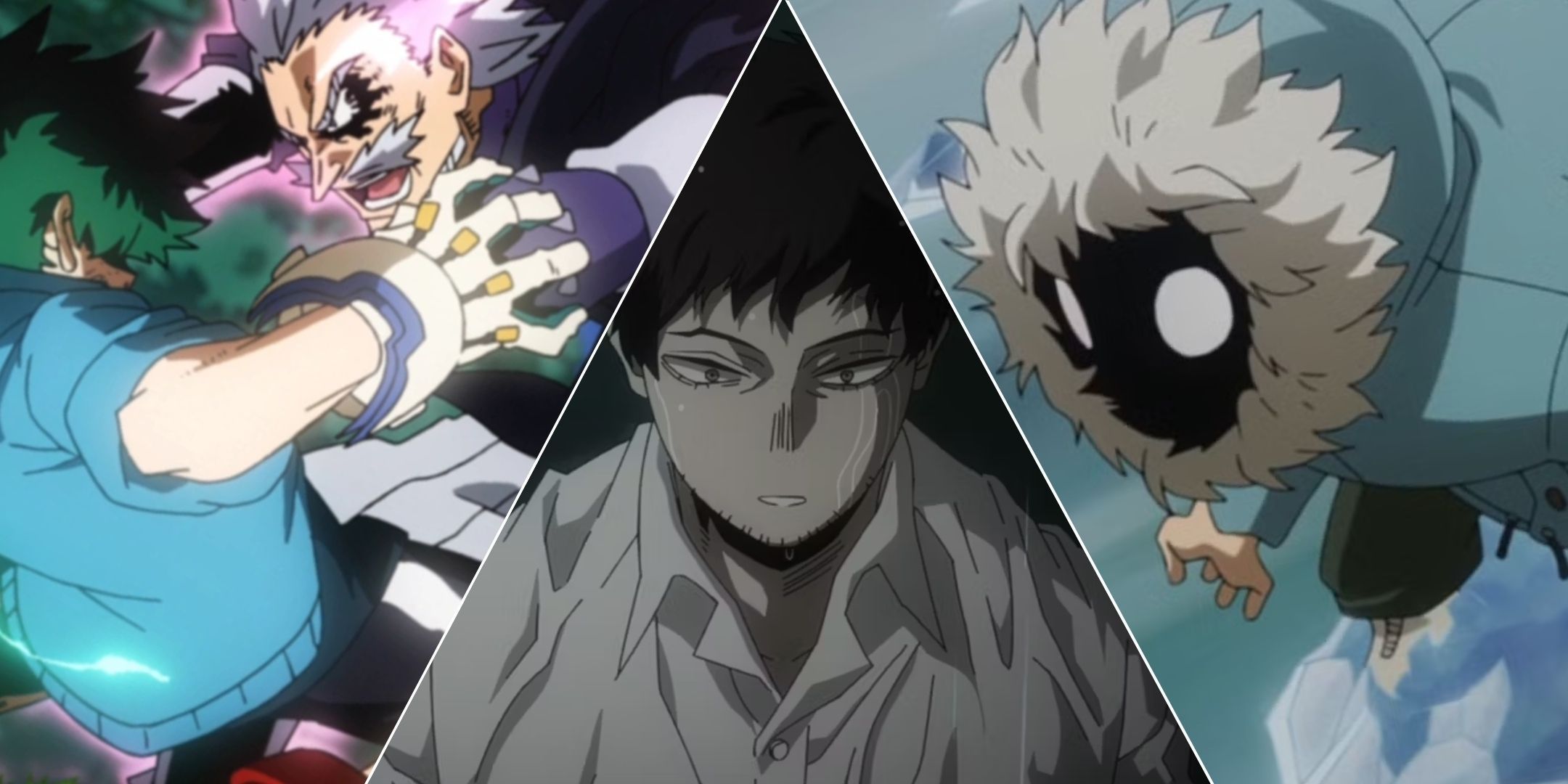
Next
8 Most Underrated Villains In My Hero Academia
With so many spectacular villains, these ones didn’t get enough of the spotlight.
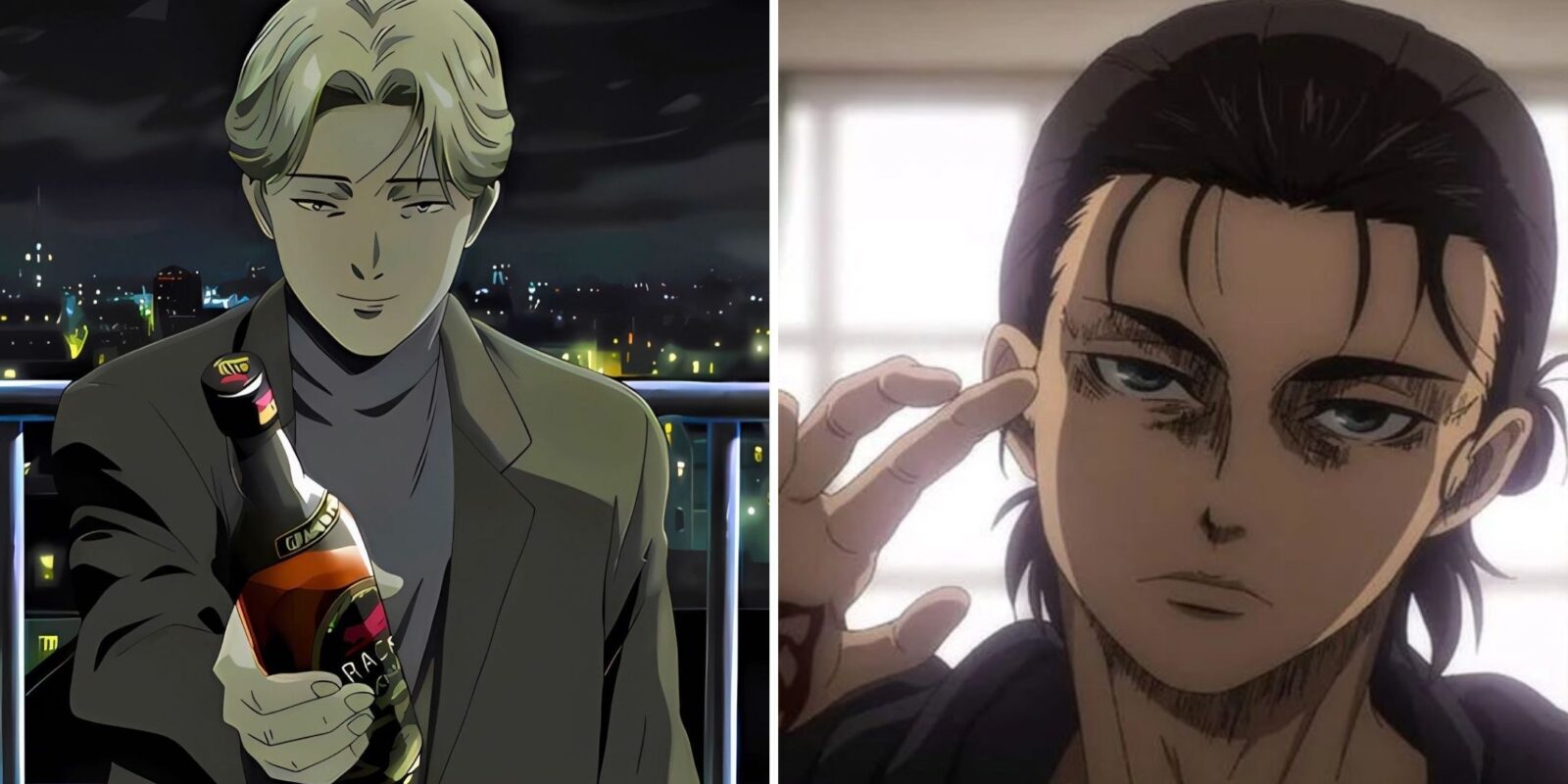
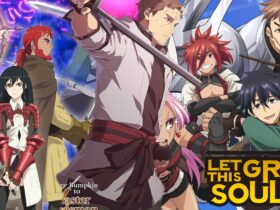




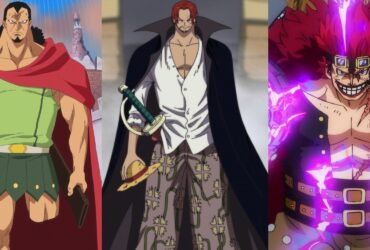
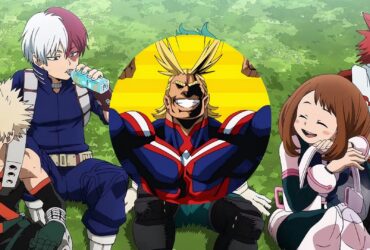
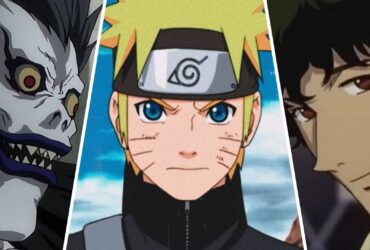
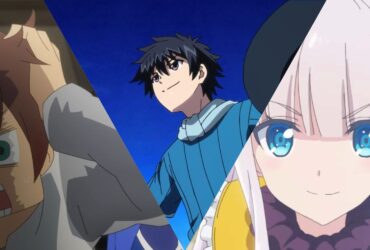
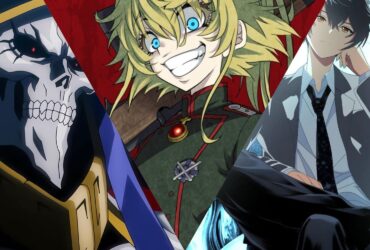
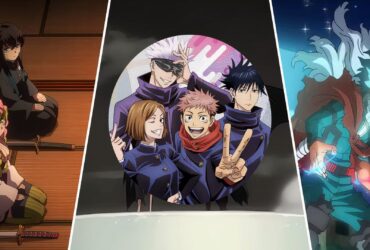
Leave a Reply